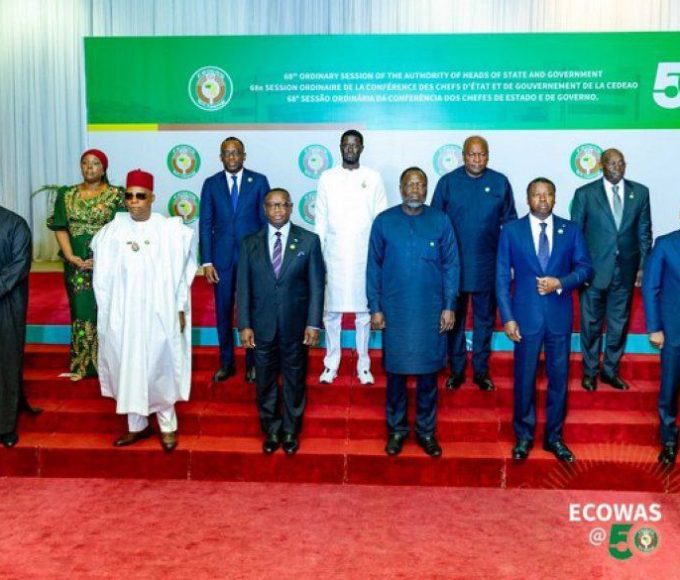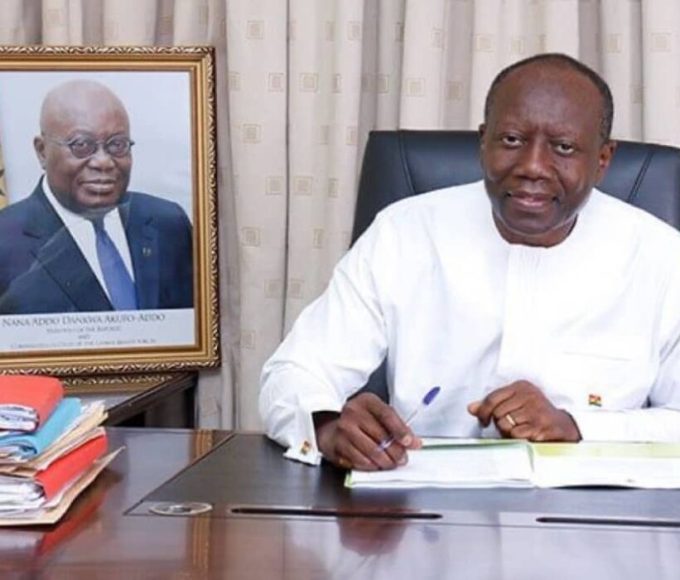
Trash and Tensions: North And South Korea’s Fresh Propaganda War
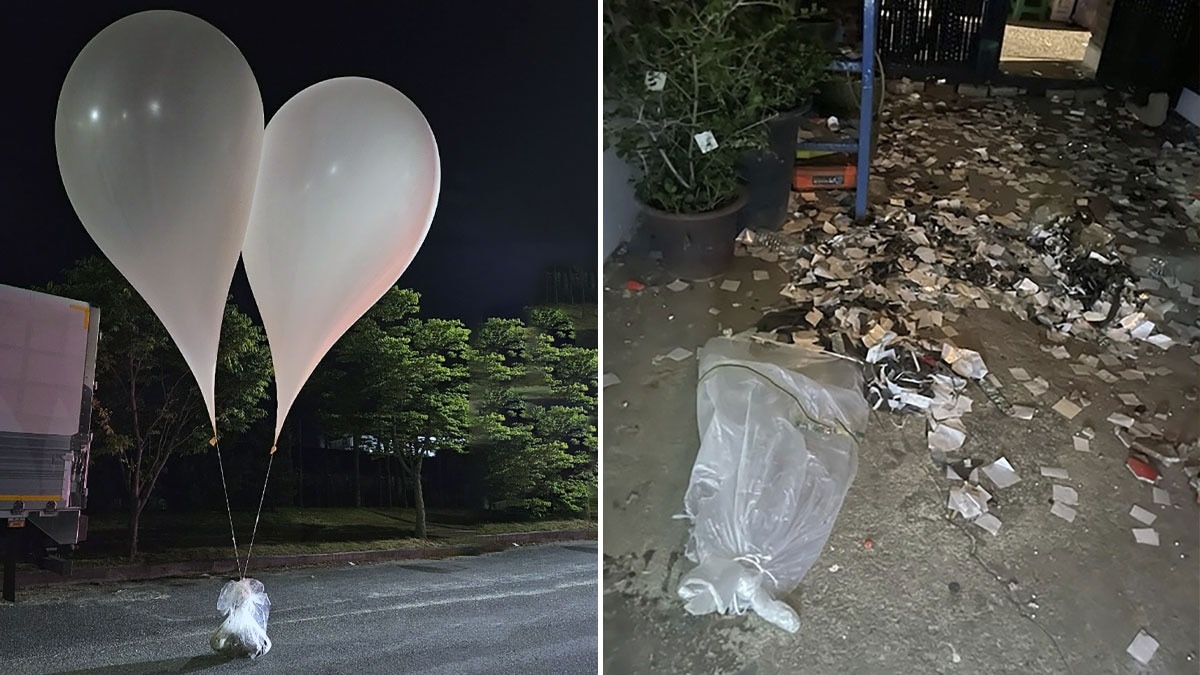
The Korean Peninsula has been a focal point of geopolitical tension since the Korean War (1950-1953), which ended not in peace but in a truce. This ceasefire left North Korea and South Korea technically still at war, with a heavily fortified Demilitarized Zone (DMZ) serving as a physical and symbolic divide. Over the decades, relations between the two Koreas have fluctuated between cautious diplomacy and outright hostility.
WAR AND DIVISION:
The Korean War devastated the peninsula and caused a division that remains one of the most dangerous flashpoints in the world. The North, officially the Democratic People’s Republic of Korea (DPRK), developed into a rigid, isolated state under the Kim dynasty. At the same time, the South, the Republic of Korea (ROK), emerged as a democratic nation. Despite intermittent diplomatic efforts and summits aimed at reconciliation, deep-seated distrust and antagonism have persisted.
THE ‘SPYING’ NORTH:
Tensions have spiked in recent years due to North Korea’s accelerated development of nuclear weapons and ballistic missile technology. The North’s provocative actions, such as nuclear tests and missile launches, have drawn international sanctions and condemnation. In response, South Korea has increased its military readiness and conducted joint drills with its ally, the United States, further aggravating Pyongyang (contextually, the North Korean government).
On 27 May 2024, for instance, the North failed to launch a second spy satellite. The launch ended in a midair explosion, unlike the first successful attempt in November, which drew international condemnation.
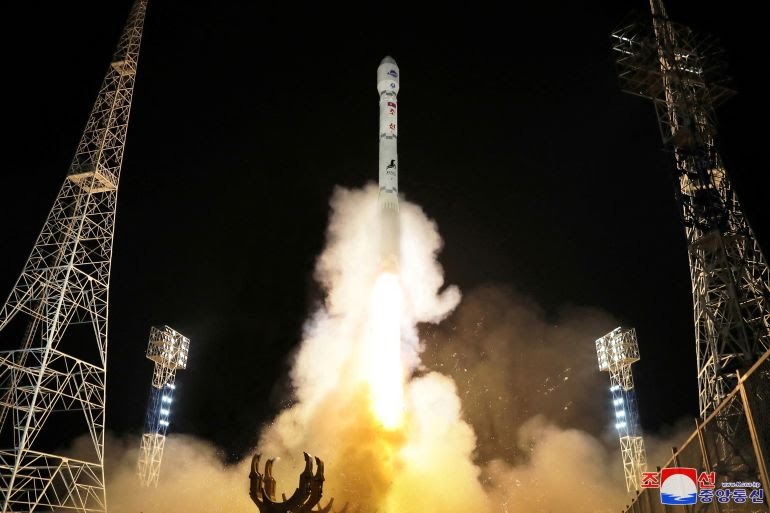
“BALLOON WARS”:
One of the more unusual manifestations of the hostility between North and South Korea has been the so-called “balloon wars.” Both sides have used balloons to disseminate propaganda across the DMZ. In a recent act of retaliation, North Korea launched at least 260 balloons filled with garbage and suspected faeces into South Korea.
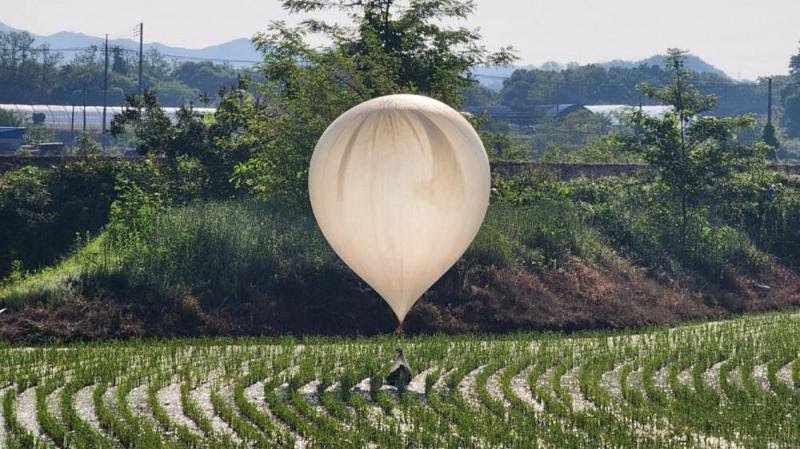

Other photos released by the South Korean military showed rubbish and faeces-strewn areas where the balloons had landed, with some bags labelled “excrement.” The garbage also included cigarette butts, plastic water bottles, used paper and shoes. The military condemned the action, stating it violates international laws and endangers public safety.
We sternly warn the North to stop its inhumane and low-class actions immediately, said Seoul’s Joint Chiefs of Staff.
The North’s actions “clearly violate international laws and seriously threaten the safety of our people,” he added.
The South Korean authorities were forewarned of this attack, though. North Korean Vice Minister of Defence Kim Kang Il had publicly announced on Sunday that “mounds of wastepaper and filth” would be sent to the South as a reprisal for South Korean propaganda balloons.
ROK activists, often led by North Korean defectors, have in the past launched balloons carrying leaflets critical of the North Korean regime, USB sticks with banned media content, and even items like Choco Pies, a popular South Korean snack prohibited in the North. These campaigns aim to bypass North Korea’s information blockade – and cause dissent, as DPRK authorities have claimed.
Despite previous South Korean efforts to curb such propaganda campaigns, including a 2021 ban on balloon launches later deemed unconstitutional, both sides continue to use these tactics.
North Korea’s rubbish balloons have been found across eight of South Korea’s nine provinces. The “balloon wars” are a vivid, if peculiar, illustration of the ongoing psychological and ideological battles between the two Korean states. As long as the underlying issues are unresolved, one can expect such unconventional forms of conflict to persist.
About The Author
Related Articles
ECOWAS Calls for Short, Inclusive Political Transition in Guinea-Bissau
The Economic Community of West African States (ECOWAS) has reiterated its call...
ByWest Africa WeeklyJanuary 12, 2026Confederation of Sahel States Condemns US Armed Attack on Venezuela
The Confederation of Sahel States, known by its French acronym AES, has...
ByWest Africa WeeklyJanuary 8, 2026Burkina Faso Holds First Council of Ministers of 2026
The first Council of Ministers of the year 2026 was held on...
ByWest Africa WeeklyJanuary 8, 2026Former Ghanaian Finance Minister Detained by US Immigration Authorities
Ken Ofori-Atta, the former finance minister of Ghana, has been detained by...
ByWest Africa WeeklyJanuary 8, 2026








